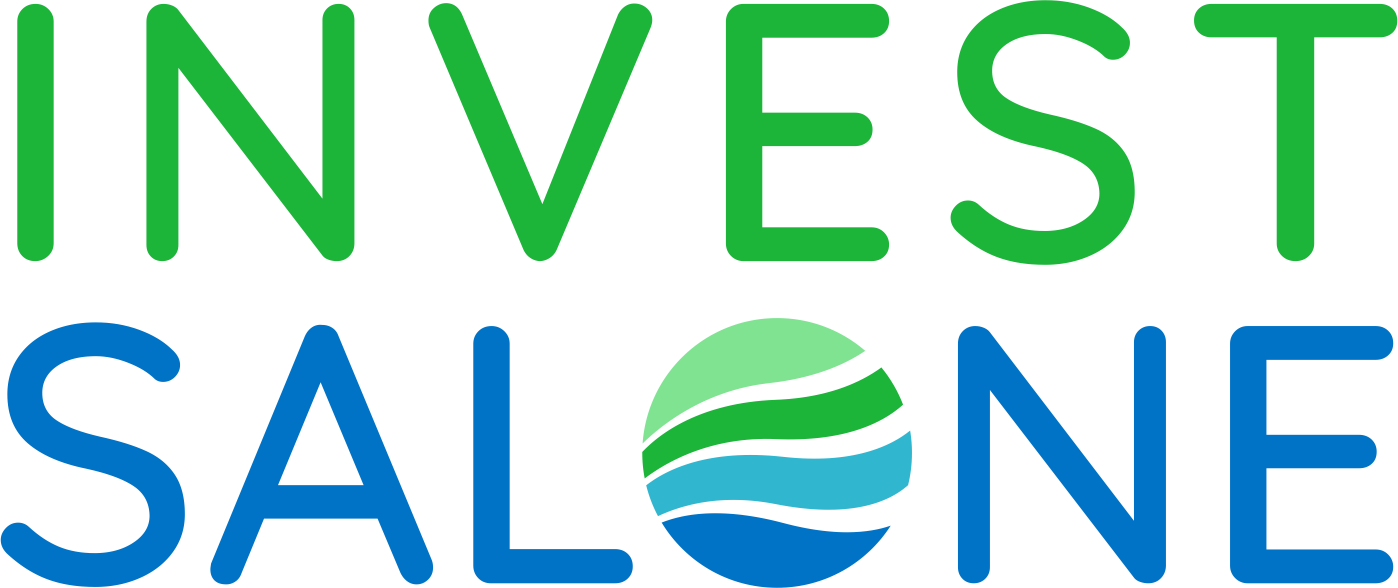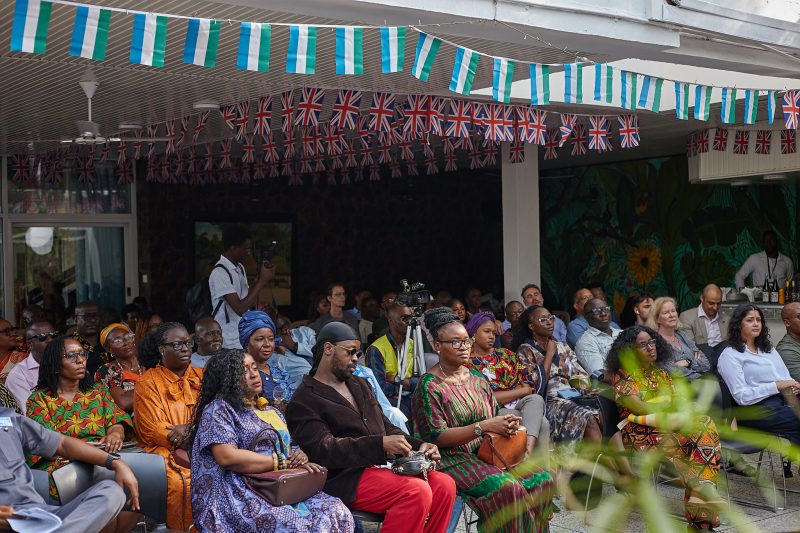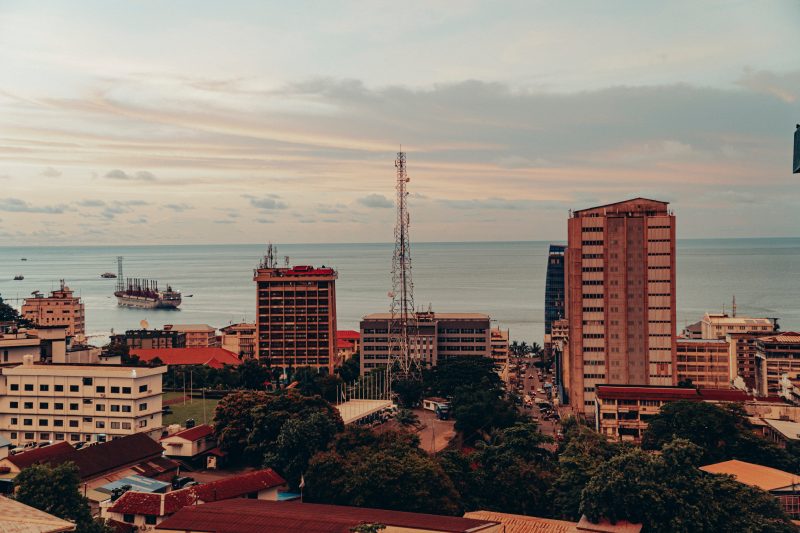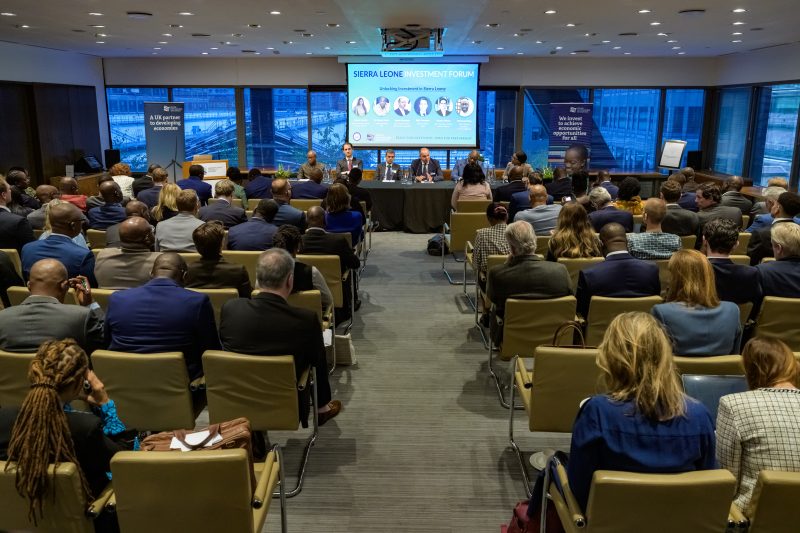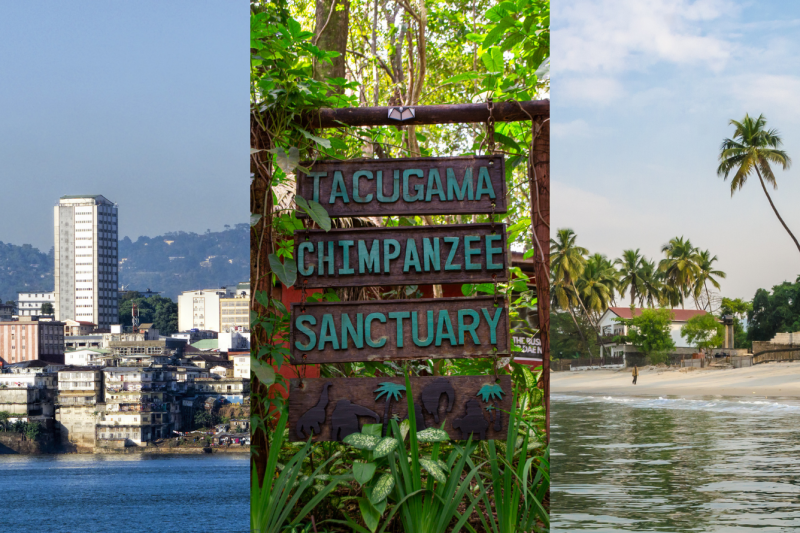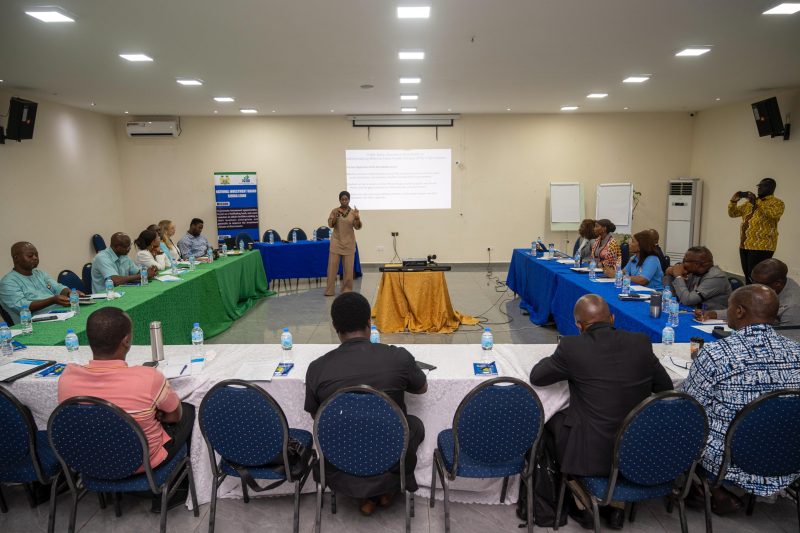Sierra Leone faces climate challenges including erratic weather patterns, coastal erosion and deforestation. As the effects of climate change intensify, it is crucial for the country to secure the financial resources needed to mitigate severe social and developmental consequences, as well as avert economic losses.
While overall aid budgets and climate finance commitments face pressure, the global emphasis on sustainable investments offers Sierra Leone the opportunity to attract capital for private sector projects that have a positive environmental impact.
Invest Salone, a UK funded private sector development programme, has been active in facilitating the inflow of climate finance to Sierra Leone in several ways. Firstly, insights from Invest Salone’s analysis of Sierra Leone’s carbon market and facilitated dialogues between ministries and the private sector have helped guide strategic policymaking and encouraged the formation of a coalition of private investors to advocate on behalf of the business sector.
Secondly, Invest Salone works with institutional and impact investors to identify high-impact opportunities and supports businesses to become investment ready. Invest Salone also offers the PROSPER Salone fund matching scheme which supports investors with grants to reduce investment risk. To date PROSPER Salone has provided matching grant support and technical assistance to eight investors committed to green projects in Sierra Leone.
Thirdly, Invest Salone facilitates dialogue around the subject, recently collaborating with the Africa Resilience Investor Accelerator (ARIA) to host a roundtable for investors, entrepreneurs, donors and development finance institutions (DFIs) to discuss ways to mobilise capital for climate-aligned investments in Sierra Leone.
Three key messages emerged from the event:
Sierra Leone is open for climate-aligned investments
The Government of Sierra Leone is encouraging private sector involvement in green projects related to water, renewable energy, agriculture and infrastructure through various initiatives including the Promotion of Climate Adaptation Technology and Business Model Innovations and Entrepreneurship (CATBIE) in Sierra Leone. These efforts aim to address climate challenges and reduce greenhouse gas emissions.
Numerous current investments in Sierra Leone highlight the substantial interest that impact investors have in high-potential ventures.
- Incluvest, a Dutch impact investor, has recently invested in Mountain Lion Agriculture – an agribusiness in Sierra Leone focused on import substitution within the rice sector. Mountain Lion buys rice from farmers at fair prices and processes it for the domestic market.
- Solon Capital Partners co-founded West Africa Blue to help address climate change, protect biodiversity and create sustainable livelihood opportunities for coastal communities in the Sherbro River Estuary, with initiatives such as the protection and planting of mangroves.
- British International Investment (BII) began investing in Miro Forestry in 2015, providing capital as well as several follow-on investments to support the company in creating economic opportunities and addressing climate change by expanding its sustainable plantations and wood processing operations.
- Redsalt Angel Investment Network signed its first official investment agreement with Freetown Waste Transformers (FWT) in June 2025 to help scale its operations, providing underserved communities in Freetown with green jobs, training in digital and environmental stewardship and tools for responsible urban waste management.
Climate-aligned investment can be a pathway to economic development
Investment in green initiatives in Sierra Leone has the potential to foster long-term development and generate employment opportunities. Projections indicate that by 2030, up to 3.3 million direct green jobs could be created across Africa, with a significant portion expected in the renewable energy sector, particularly solar energy.
Expanding solar power and off-grid energy systems reduces reliance on imported fossil fuels and powers local industries, schools and health centres. This shift to a low-carbon economy can create new sectors and jobs, especially for youth and women in rural areas.
The voluntary carbon market, worth US$500 million globally and projected to reach US$1.5 trillion by 2050, offers Sierra Leone a chance to bolster climate resilience, reduce greenhouse gas emissions, support livelihoods and secure sustainable financing.
Tools and frameworks are being created for climate-aligned finance
Financial institutions and investors, both within Sierra Leone and overseas, are incorporating, adapting or creating new tools and frameworks that place greater emphasis on climate-aligned finance. This can also strengthen the financial system’s readiness for green investment.
- The IFC’s environmental, social and governance (ESG) standards guide responsible investing by helping clients manage environmental and social risks and promote sustainable development. These standards are globally recognised benchmarks in the private sector.
- Truestone Impact Investment Management, with support from Invest Salone’s PROSPER Salone scheme, developed climate impact frameworks to measure and manage the outcomes of their investments.
- The Sierra Leonean financial sector, which includes banking and microfinance institutions, is actively working to integrate ESG principles into its operations and financial decision-making processes. The sector is also working with Invest Salone to strengthen the financial system’s readiness for green investment flows through training on sustainable finance principles.
- Law firm Macauley, Bangura & Co., in collaboration with Invest Salone, BII and ARIA, recently organised Sierra Leone’s first conference on ESG standards, intended to kickstart the development of an ESG ecosystem in Sierra Leone to encourage sustainable growth, investor confidence and inclusive development.
- The Government of Sierra Leone has developed an initial National Adaptation Plan (iNAP) in response to the UNFCCC’s National Adaptation Plan Guidelines, which builds adaptive capacity and resilience in the country and facilitates the integration of climate change adaptation into relevant existing and new policies, programmes and activities.
